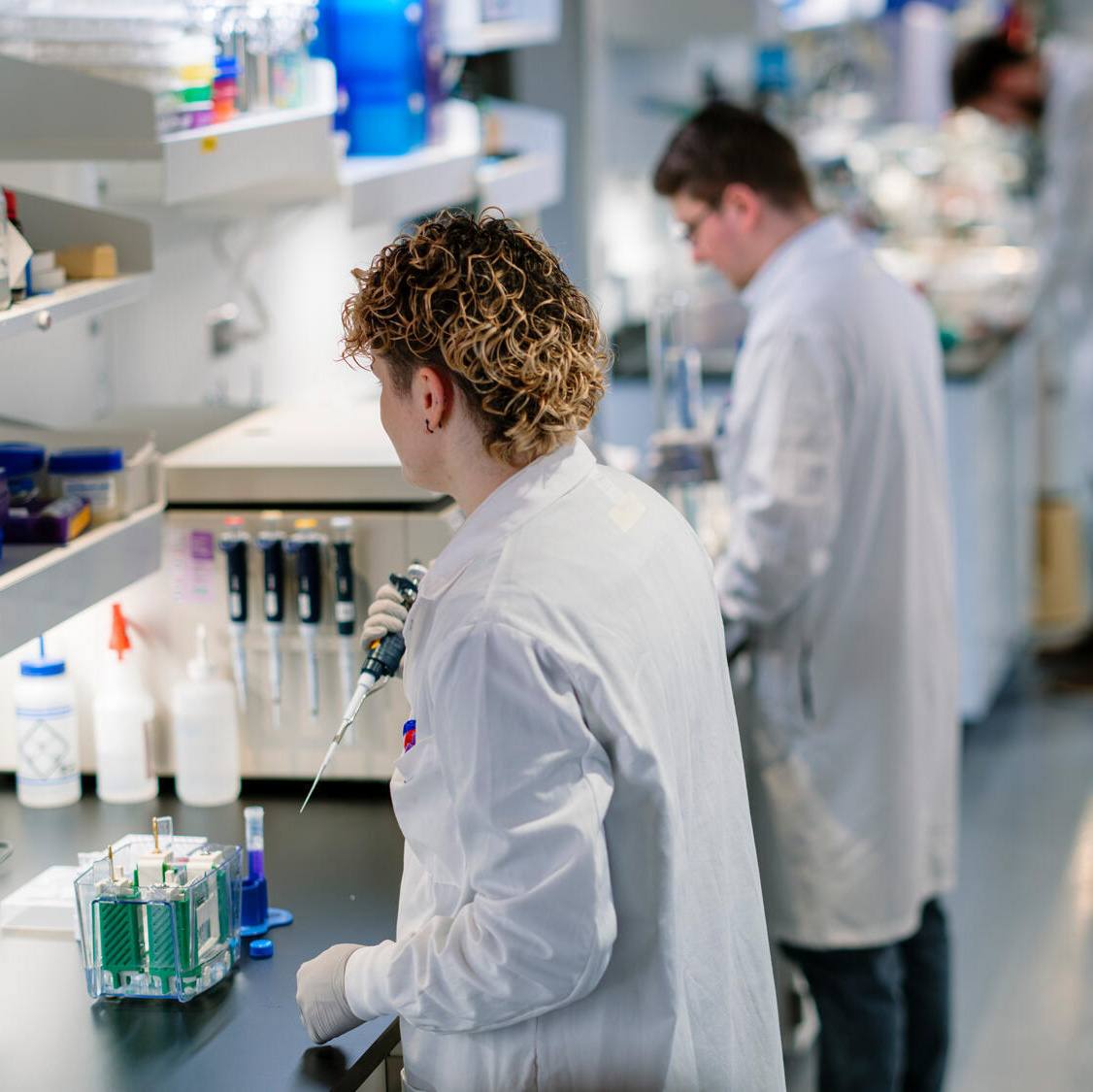-
Minnesota
Mayo Clinic-led Consortium Identifies Promising Treatment for Inherited Form of Kidney Disease
SAN DIEGO — A drug therapy shows promise for treating an inherited form of kidney disease called autosomal dominant polycystic kidney disease (ADPKD), Mayo Clinic researchers say. The medication, tolvaptan, slowed the pace of kidney cyst growth over the three years of the study. The phase three clinical trial results were being presented today at the American Society of Nephrology annual meeting and published online in the New England Journal of Medicine.

MULTIMEDIA ALERT: A video interview with Dr. Torres is available for journalists to download on the Mayo Clinic News Network.
The multicenter study found tolvaptan demonstrated a nearly 50 percent reduction in the rate of increase in total kidney volume (a measurement of kidney cyst growth) in ADPKD patients over the study period, compared to placebo.
"ADPKD is the most common inherited and the fourth most common overall cause of kidney failure worldwide," says lead author Vicente Torres, M.D., Ph.D., Mayo Clinic nephrologist.
"In most patients with this disease, relentless cyst growth within the kidneys destroys the tissue, causes hypertension and painful complications, and negatively impacts the quality of life," Dr. Torres says. "The results of this study reveal a potential treatment that blunts kidney growth, lessens associated symptoms and slows kidney function decline when given over three years."
While the trial findings are encouraging, tolvaptan has not yet been approved for this indication, Dr. Torres notes.
The study was funded by Otsuka Pharmaceuticals.
Media Contact: Rebecca Eisenman, 507-284-5005 (days), newsbureau@mayo.edu







